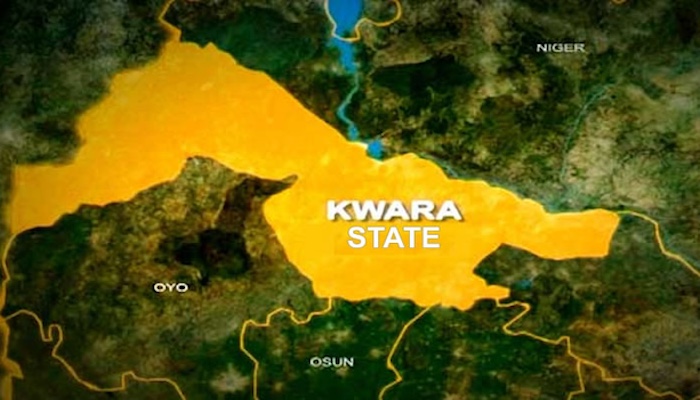
Amid claims by international actors of religious persecution in Nigeria, the Economic Community of West African States (ECOWAS) has stepped forward to address the surge in terrorist attacks while cautioning against divisive misinformation.
In a communiqué dated November 4, 2025, ECOWAS highlighted that extremist groups continue to target innocent civilians indiscriminately, affecting Muslims, Christians, and followers of other faiths. The bloc stressed that such acts of violence do not discriminate based on religion, ethnicity, gender, or age.
This statement comes against the backdrop of former U.S. President Donald Trump’s claims that Christians in Nigeria are facing systematic persecution and mass killings, leading him to designate the country as a Country of Particular Concern. Trump had also threatened measures including cutting all aid and possible military intervention.
President Bola Tinubu has firmly rejected these claims, emphasizing that Nigeria remains a democracy grounded in constitutional guarantees of freedom of religion and belief. Speaking publicly on the issue for the first time, shortly before the Federal Executive Council meeting at the Presidential Villa in Abuja, President Tinubu said:
“The most important thing is that despite political headwinds and the fears of our people, we will continue to engage with partners. We are engaging the world diplomatically, and we assure all of you that we will defeat terrorism in this country.
The task ahead is immense, but it is our resolve to move forward with unity and purpose, guided by the Renewed Hope Agenda to build a prosperous, inclusive, and resilient Nigeria”, the statement added.
Against this backdrop, ECOWAS also called on the United Nations and international partners to intensify support for member states combating terrorist groups, whose activities have caused widespread devastation and loss of life across the region.
The bloc also warned that misinformation and politically motivated claims could further inflame tensions between communities, stressing the need for accurate reporting and coordinated regional action. Against this backdrop,



